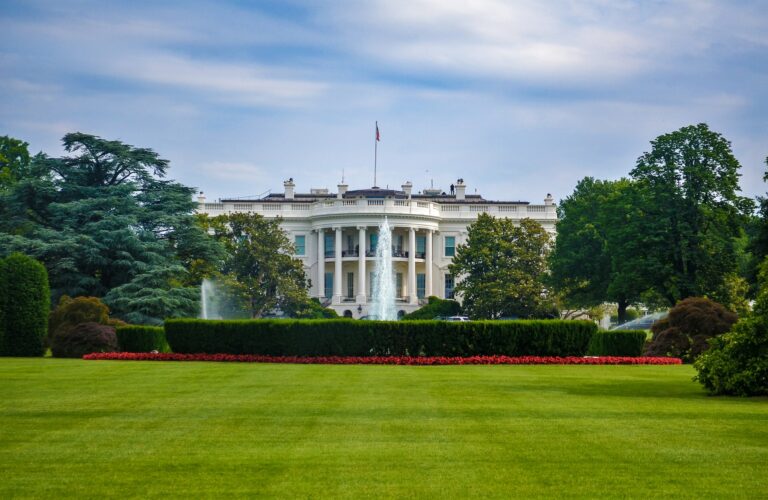In a recent opinion piece for The New York Times piece, economist Paul Krugman explores the complex narrative of U.S.-China relations, critiquing the portrayal of Democrats, especially President Joe Biden, as lenient towards China.
Krugman is a highly influential American economist renowned for his significant contributions to the field of international trade and economic geography. Awarded the Nobel Memorial Prize in Economic Sciences in 2008, Krugman is also a Distinguished Professor of Economics at the Graduate Center of the City University of New York. Beyond his academic work, he’s widely recognized as an op-ed columnist for The New York Times, where he provides insightful commentary on economic and political issues.
Krugman’s research has left an indelible mark on economics. His development of the “new trade theory” challenged traditional models, highlighting the role of increasing returns to scale and imperfect competition in driving international trade patterns. Additionally, his contributions to “new economic geography” shed light on the factors determining the location of economic activity and how globalization influences regional economies.
Krugman says this criticism of Biden’s approach comes amidst a backdrop where former President Donald Trump’s dealings, including a dramatic stance reversal on TikTok, cast a long shadow. Trump, previously advocating for TikTok’s ban, allegedly switched gears following discussions with a Republican-donating billionaire with significant investments in the Chinese company.
Krugman emphasizes Trump’s lack of a cohesive strategy towards China, noting his administration’s reliance on xenophobic rhetoric and ineffective tariffs rather than substantive policy measures. Contrastingly, Biden’s administration has adopted a stringent approach towards trade with China, exemplified by the economic nationalism that Krugman regards as a marked improvement over Trump’s actions. This shift is notably highlighted by China’s World Trade Organization complaint against the U.S. Inflation Reduction Act, particularly its electric vehicle subsidies, which China claims discriminately favour the U.S. over Chinese battery components.
Krugman finds irony in China’s challenge, given its extensive history of subsidizing favored companies and implementing discriminatory policies. China’s action signals discomfort with Biden’s aggressive trade and economic policies, which include not just subsidies but also efforts to boost semiconductor production and impose strict technology export limits aimed at curtailing Chinese advances in critical technological arenas.
Furthermore, the piece touches on the broader implications of these policies, underscoring Biden’s tangible actions against China compared to Trump’s more performative toughness. Krugman’s analysis suggests that Biden’s policies are effectively pressuring China, a point made evident by China’s WTO complaint and its broader reactions to U.S. policy shifts.
Despite potential criticisms and the challenging path of navigating global trade rules, Krugman supports Biden’s strategic stance, viewing it as a necessary evolution in confronting the complexities of modern U.S.-China relations. He contrasts the actual impacts of Biden’s policies with Trump’s superficial toughness, highlighting a strategic depth that acknowledges the multifaceted challenges posed by China’s rise.
Featured Image via Unsplash









